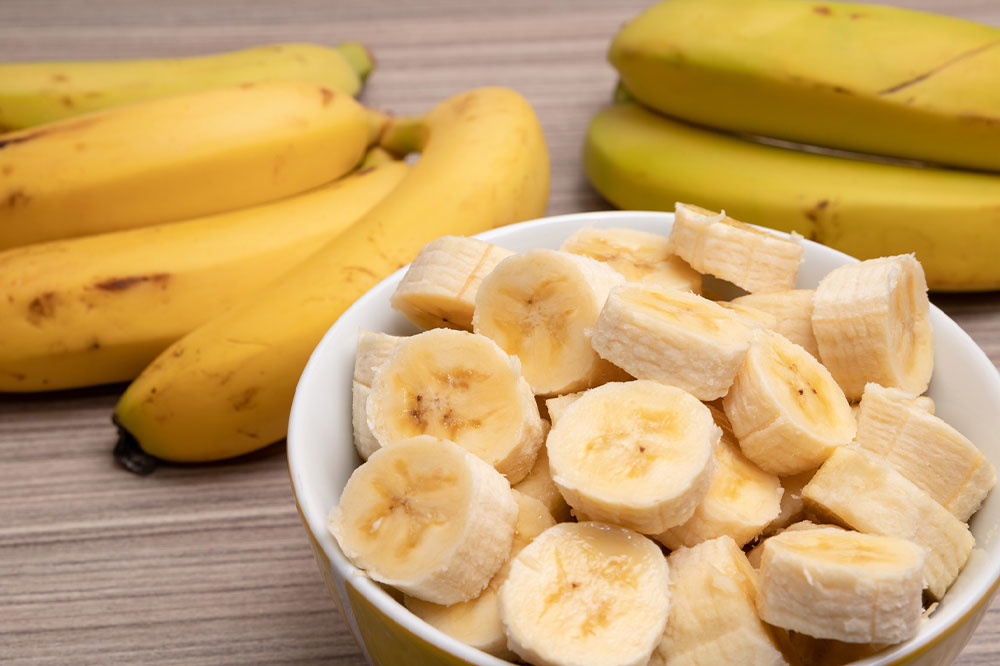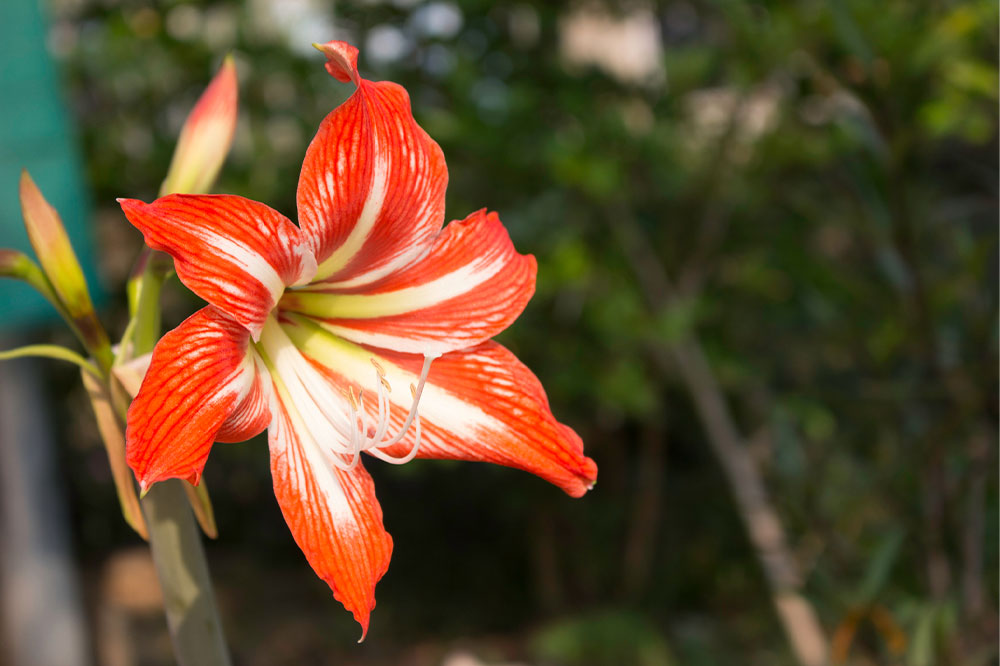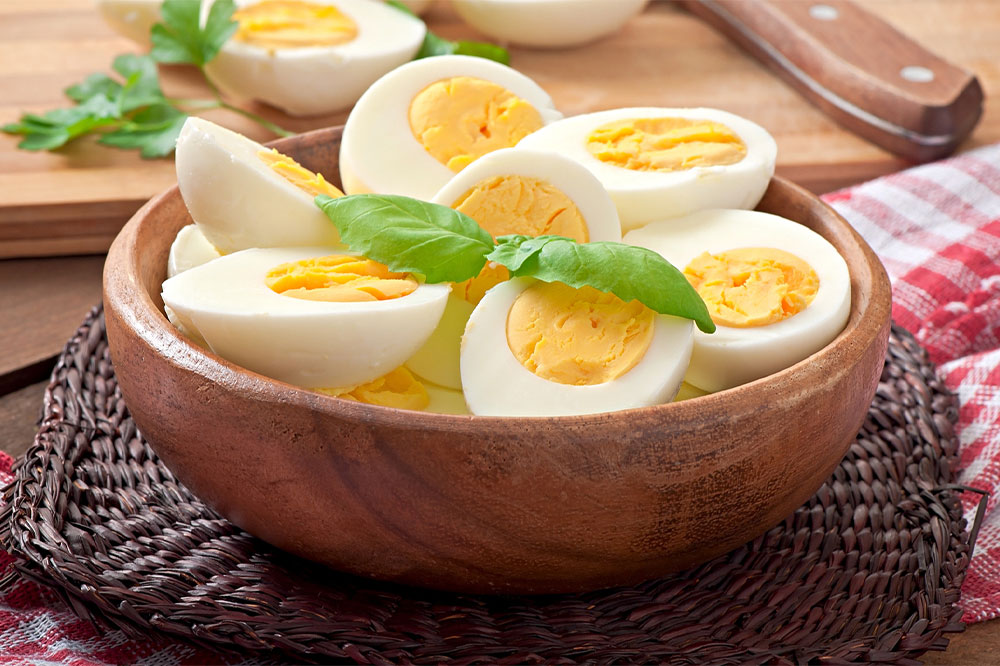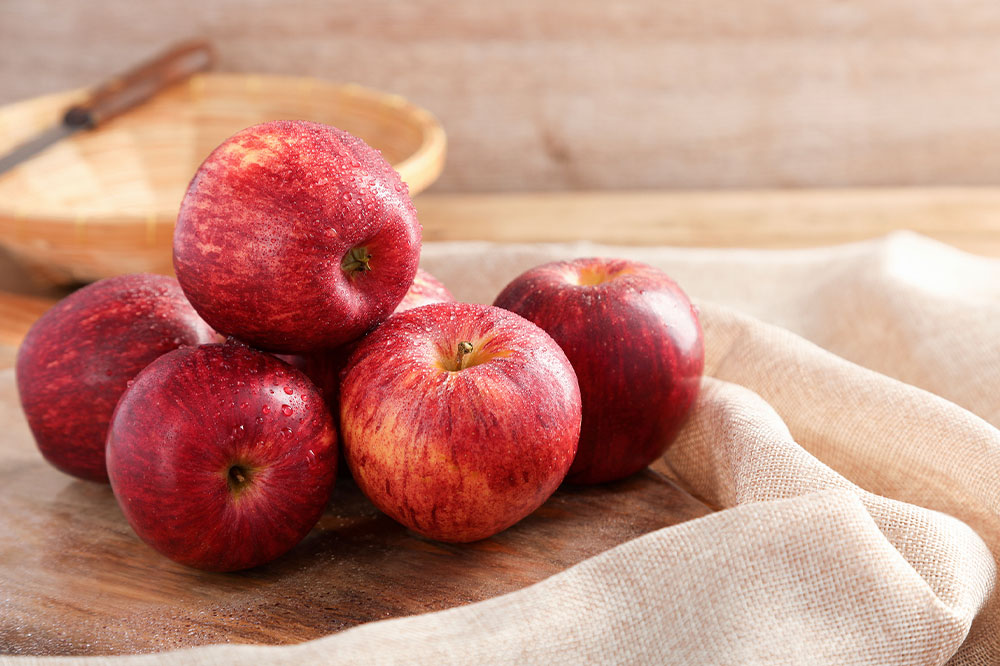12 Potassium-rich Foods That Shouldn’t be Ignored
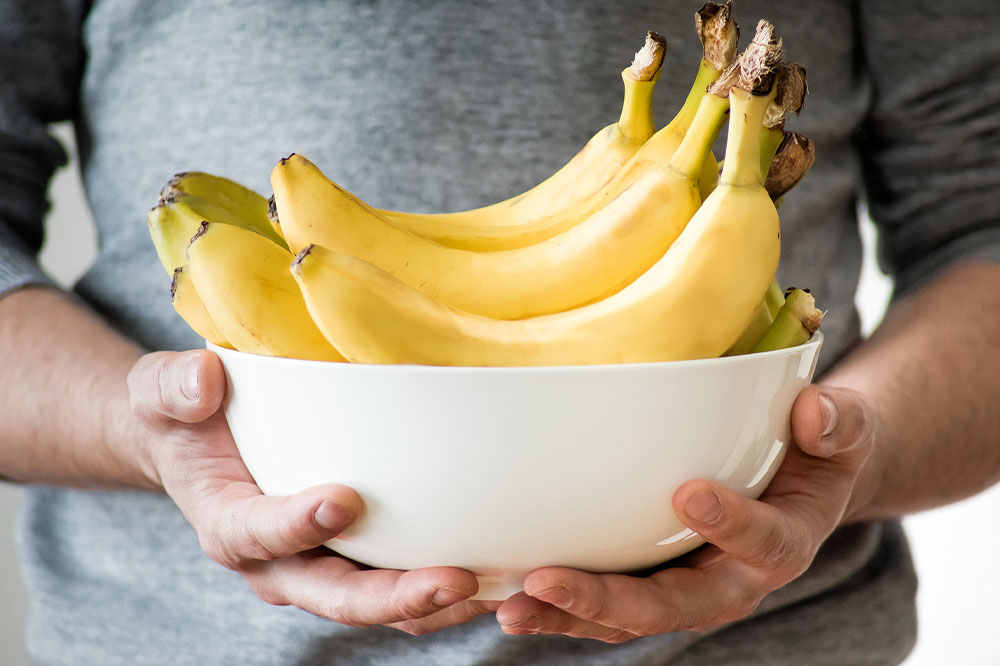
Potassium is a vital mineral that the body needs for various processes. However, it cannot produce potassium directly; instead, it absorbs it from our food. While the average American adult needs approximately 4700 mg of potassium daily, poor food regimes mean most people are deficient in the mineral. It is crucial for heart and bone health, and even helps with high blood pressure. Below are some potassium-rich foods you can include in your meals.
Bananas
It is one of the first foods that come to mind when we think of high-potassium foods. Contrary to popular belief, bananas are not as rich in potassium as the other items on this list. A mid-sized banana contains only 422 mg of potassium. Regardless, they still bring excellent health benefits. You can have a banana as a snack or include it in your breakfast to maintain healthy blood pressure levels and improve your heart health. Banana offers a good dose of potassium with minimal sodium.
Avocadoes
Avocadoes are rich in folate, vitamin K, and healthy fats. Half an avocado sans its skin and seeds has at least 345 mg of potassium, equal to seven percent of your daily requirement. Hence, if you consume one avocado every day, your body gets almost 15 percent of the daily requirement. Besides having a high potassium content, avocadoes are beneficial for people with high blood pressure who wish to lower their sodium intake and increase their potassium intake.
Potatoes and sweet potatoes
White potatoes are one of the best potassium sources. One large potato has approximately 1600 mg of potassium. Note that potassium is present in the skin and flesh of the potato. Thus, consume it unpeeled after a thorough wash. Another starchy potassium-rich item is baked sweet potatoes. One large sweet potato has 1100 mg of potassium. Beyond being a potassium-rich source, the vegetable also contains manganese, vitamins B6, C, and A.
Black beans
Black beans have a high protein and fiber content – two nutrients that help you feel fuller longer. They also are excellent potassium sources. One cup of black beans offers 611 mg of potassium. Beyond this, black beans can also provide the body with folate, magnesium, and calcium.
White beans
White beans are one of the best sources of the mineral. One cup has 1000 mg of potassium, which is almost twenty percent of what you need daily. The same one-cup serving has 11 grams of fiber and 17 grams of protein.
Non-fat yogurt
Plain yogurt is an excellent potassium source. One cup of yogurt has around 500 mg of yogurt. Low-fat yogurt is also an excellent potassium source, but yogurt containing whole milk is not as rich in potassium. Remember that Greek yogurt is not as potassium-rich as plain old non-fat yogurt. In a 150-calorie cup of yogurt, you can also have plenty of other vitamins and minerals like protein, calcium, vitamin D, and healthy bacteria called probiotics.
Spinach
Spinach is a nutrition-filled vegetable and a good potassium source. A cup of spinach (180 grams) contains 675 mg of potassium, making it a good pick for people hoping to boost their daily potassium intake. Spinach is also an excellent source of manganese, Vitamin K, and calcium. These nutrients are vital for your immunity, metabolism, bone health, and good vision.
Watermelon
Watermelon has a high water content and is a delicious, large fruit. Only two wedges meet almost 14 percent of our daily potassium requirement. The same serving has 0.8 grams of fat, 3.5 grams of protein, 44 grams of carbs, and 2.2 grams of fiber. In addition, watermelon is an excellent source of vitamins A, C, and magnesium.
Beets
Beets are available in various colors, like white, purple, and deep red. This root vegetable also has a naturally sweet flavor. Half a cup of boiled and sliced beets has 259 mg of potassium. Beets are also a good source of manganese and folate. Moreover, the pigment which offers the beets their rich color is an antioxidant that can help combat inflammation and oxidative damage. Beets also have a high nitrate content, which is crucial for blood vessel function. Their potassium content also lowers the risk of heart disease and boosts blood vessel function.
Coconut water
Coconut water is a hydrating drink and is an excellent alternative to sports drinks. It contains electrolytes that help extract water into the cells. The natural sugar in coconut water provides energy during exercise that can help replenish the lost glycogen. A cup of coconut water meets 13 percent of your daily potassium requirement. In addition, it is also a good source of manganese, sodium, and magnesium. Coconut water is refreshing when served chilled with ice post a sweaty workout. However, do not opt for alternatives with added sugar.
Parsnips
Parsnips are a white root vegetable that resembles carrots. A cup of parsnips has 570 mg of potassium. These are beneficial vitamin C sources and are rich in folate, that help in tissue health, cell division, and support fetal growth and development. In addition, the soluble fiber in parsnips can help lower your cholesterol levels.
Legumes
Beyond beans, legumes, such as soybeans, chickpeas, peanuts, and lentils, are also excellent potassium sources. A cup of lentils can meet 15 percent of your daily potassium requirement. A similar serving of peanuts, soybeans, and chickpeas can cater to 23 percent, 19 percent, and 10 percent of your potassium requirement. Legumes, such as chickpeas and lentils, have phytates. Hence, soak them overnight to lower their phytate content. Sprouting them is also a good option.

